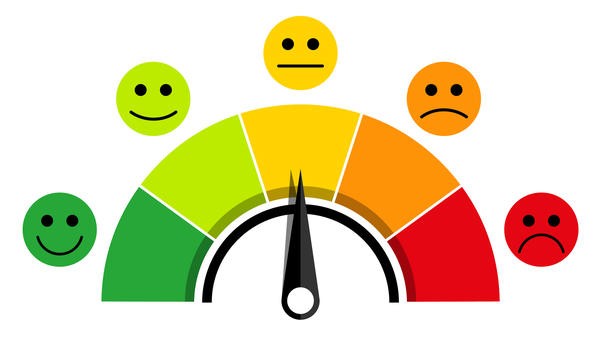Set Point Theory
Chris Broome – Chartered Financial Planner
Your personal wellbeing sits at the very core of the work we do here at Longhurst.
Yes, we’re financial experts, but our focus is always human first, your money second.
As such, I’m currently sitting a ‘Financial Wellbeing Certificate’ programme through the ‘Initiative for Financial Wellbeing’.
The outcome of the course will be to further increase my knowledge and understanding on how different aspects of your life may be impacting the decisions you make.
During Week #1 I learnt about Set Point Theory, a topic I wanted to share with you today.
There are several theories about happiness, one of the most well-known is Set Point Theory.
This theory holds that, by the time we reach adulthood, our level of happiness has been determined. As we go through life, events knock us off that setpoint. It might be something good happens which raises our wellbeing above that set point, or it might be something bad knocking us below.
After a relatively short period of adjustment, however, we revert back to our set level of happiness.
This was most notably demonstrated by a survey in the 80s of two sets of people. The first had suffered an accident involving loss of limbs, and the second involved people who had won life changing amounts on the lottery.
The researchers asked these people whether they had been be happy before the event, and whether they were happy afterwards.
It might be tempting to say that the lottery winners were happier and the accident victims unhappier. Then you might think it’s a trick question and turn it on its head, and say the lottery winners were unhappy, the accident victims happier.
In fact, whichever of the two groups said that they were happy before said that they were happy afterwards, and which ever said they were unhappy before so they were unhappy afterwards. In other words, the life changing event made no difference to their long-term well-being.
What this suggests is that as small things happen to us in life, when they are good, we do not feel the need to react (although we could extend the wellbeing they generate by trying to appreciate the event).
When bad things happen to us, however, we take action to increase our wellbeing back to our set point level.
The phrase we have coined for this is the financial wellbeing junkie.
We are all addicted to small shots of well-being, in order to get back to our set point. When we spend money, therefore, we are often trying to buy the short term hits of wellbeing to overcome the negativity that surround us, for example in the news.
Understanding ourselves i.e. Know Thyself is therefore at the core of financial wellbeing.
And here at Longhurst, we create space for honest discussions that put authenticity and honesty at the heart of each and every conversation.
We know, from client feedback, that these conversations have helped to unearth a number of thoughts and feelings which, in turn, has then led to some life changing decisions.





